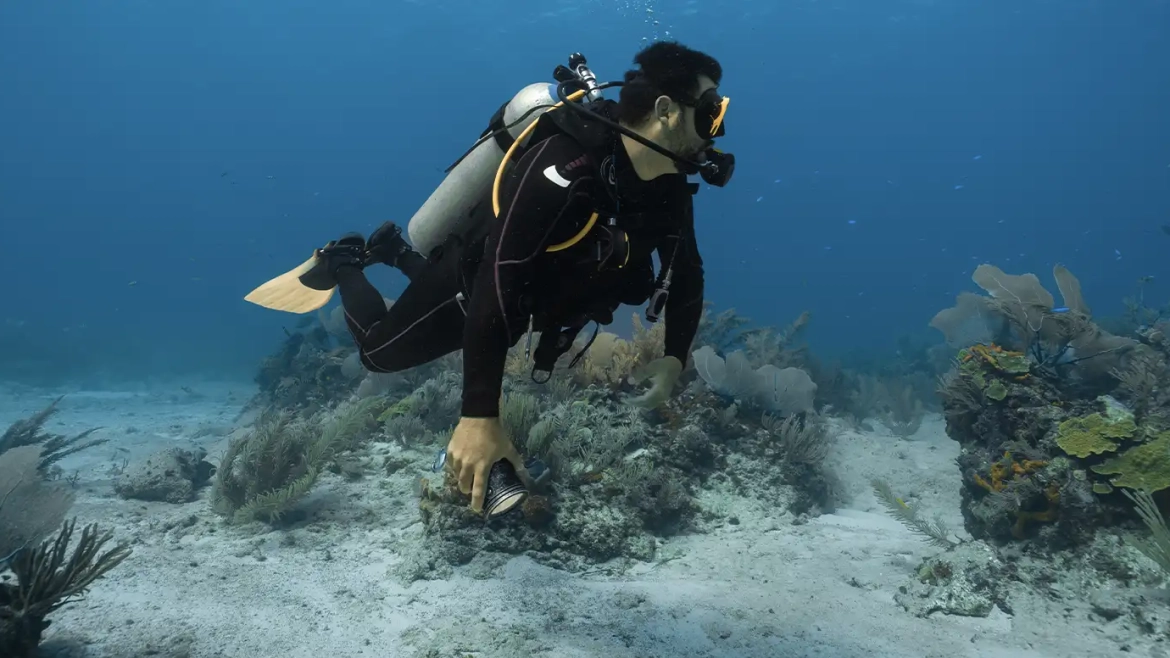Are you planning your next diving vacation to Costa Rica? Booking a scuba diving trip can be confusing, and knowing where to start is stressful.
At Bill Beard’s Costa Rica, we’ve been through the process and know how to make it easy for you. Benefit from our local knowledge and years of experience to know everything there’s to know before you book scuba diving in Costa Rica!
Is Costa Rica Good for Scuba Diving?
Yes, Costa Rica is good for scuba diving. The country’s warm tropical waters make diving enjoyable year-round, regardless of the season.
Moreover, the waters are filled with a wide variety of marine life. Along the Pacific and Caribbean coasts, you’ll encounter schools of tropical fish, manta rays, dolphins, and sea turtles, to name a few.
Another aspect that makes diving here unbeatable is the underwater scenery. Its dive sites have hard and soft coral reefs, volcanic formations, and unique topography.
Lastly, the country’s calm and protected waters are perfect for divers of all experience levels. Hence, you’ll find numerous well-equipped dive centers that provide professional guidance and ensure a smooth and enjoyable certification process.
How to Book a Diving Trip in Costa Rica
Check out eight of the things to keep in mind before booking your diving trip:
#1 Research dive sites
Take the time to research the diverse dive sites along the Pacific and Caribbean coasts. Each offers unique underwater landscapes and marine life encounters.
Top dive sites in Costa Rica
Before you choose the site for your diving adventure, consider if you’re looking to spot a specific marine life, an easy or more challenging dive, and diving conditions.
For instance, the Bat Islands are your go-to choice if you want to see bull sharks and white-tip reef sharks. Choose the Catalina Islands for occasional whale sharks and seasonal humpback whales. But if you want to spot hammerhead sharks, Cocos Islands are your ideal destination.
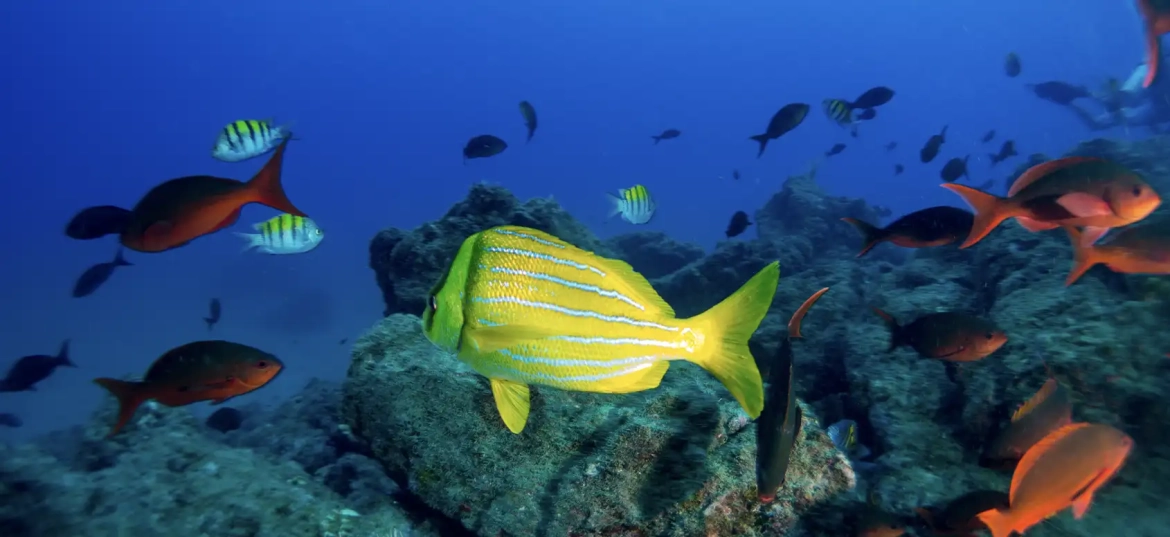
#2 Choose a tour that matches your skill level
If you’re new to scuba diving or have limited experience, book a tour with introductory dives in shallow, calm waters with gentle currents and certified instructors.
Furthermore, if you’re an advanced diver, consider tours that include drift dives, deep dives, wreck dives, or encounters with larger marine species such as sharks and rays.
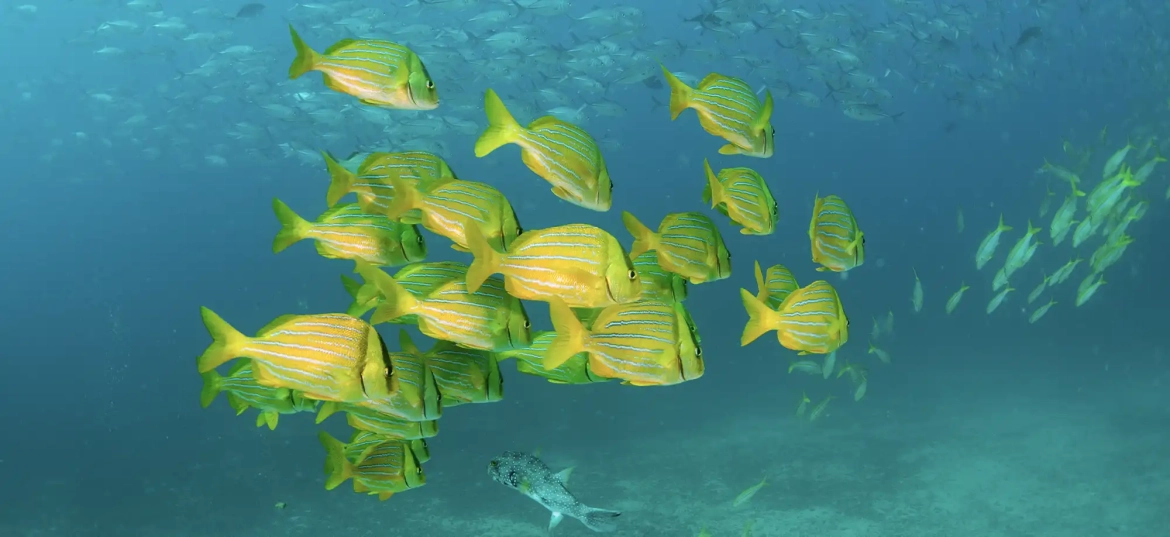
#3 Contact Bill Beard’s for Information
Feel free to reach out to us with any inquiries or for assistance regarding your scuba diving underwater adventure. When you do, you might want to ask about:
Dive packages
We can provide details on the options available, including the number of dives, locations, duration, and group options. Moreover, you can customize your dive experience to your preferences and skill level.
Scheduling and pricing
Get dive trip schedules, including departure times, duration of dives, and return times. Inquire about pricing information for dive packages, equipment rental, and any additional services you may require.
Equipment rental
If you need to rent equipment for your dive, we can inform you about gear availability and rental rates, such as wetsuits, BCDs, regulators, and dive computers.
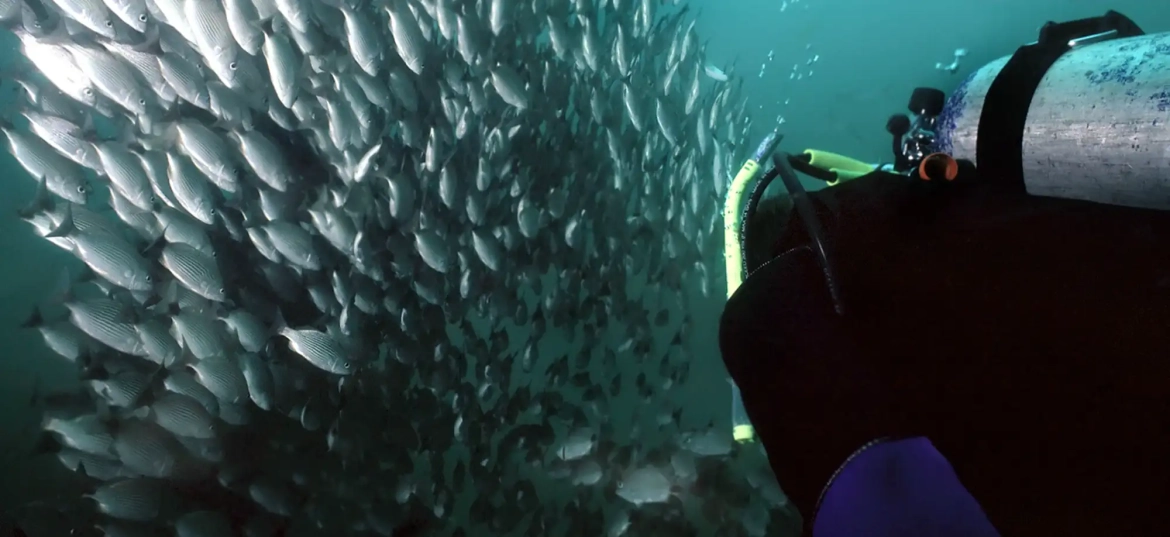
#4 Review booking policies and requirements
Before booking your adventure with us, it’s crucial to review our policies and requirements. Ensure you understand our deposit, cancellation, and refund policies. You can also ask about our dive certifications or medical clearance.
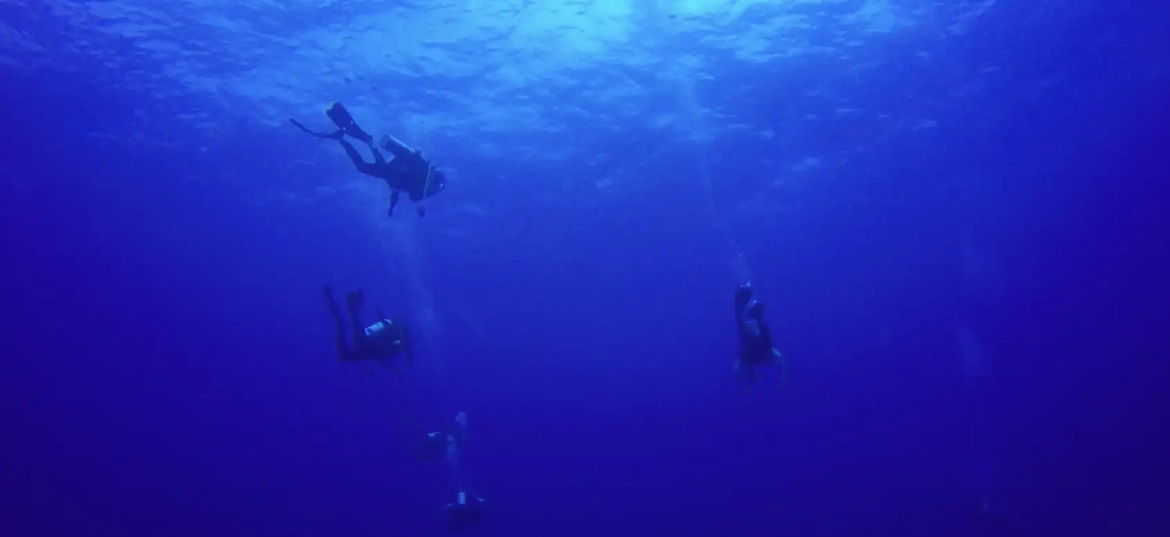
#5 Make your reservation
To secure your spot with us, follow the instructions provided, which may involve filling out an online reservation form, making a deposit to confirm your booking, or providing necessary personal information.
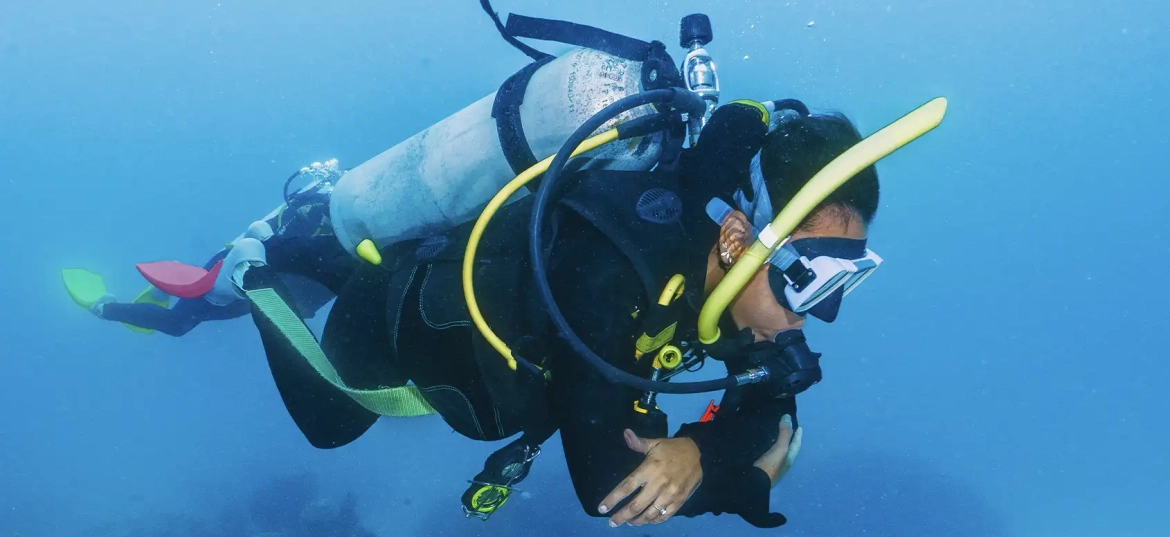
#6 Confirm booking details
Review your reservation information to confirm that dates, times, and dive locations align with your plans. Lastly, verify the accuracy of your personal details and ensure any required payments have been made.
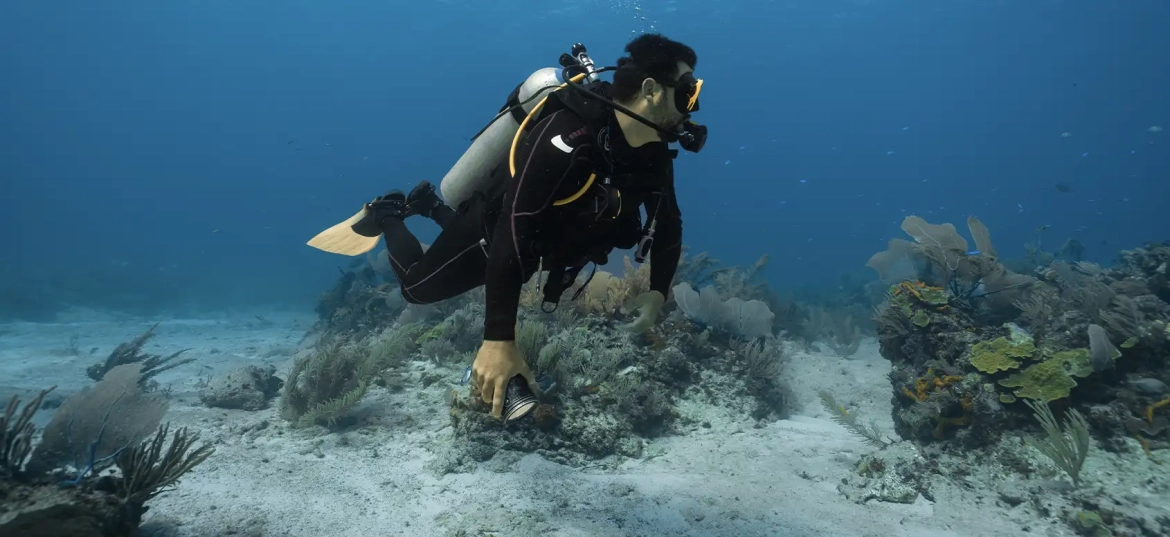
#7 Prepare for your dive trip
- Bring essential documents like passport, visa (if needed), dive certifications, and medical forms.
- Arrange transportation to dive sites and confirm pick-up times for guided tours.
- Pack accordingly, including appropriate clothing for both on land and at sea.
- If bringing your own dive gear, ensure it’s in working order and make a checklist of essential items to bring, including a mask, snorkel, fins, wetsuit, and regulator.
- Stay hydrated and bring protection to shield yourself from the sun.
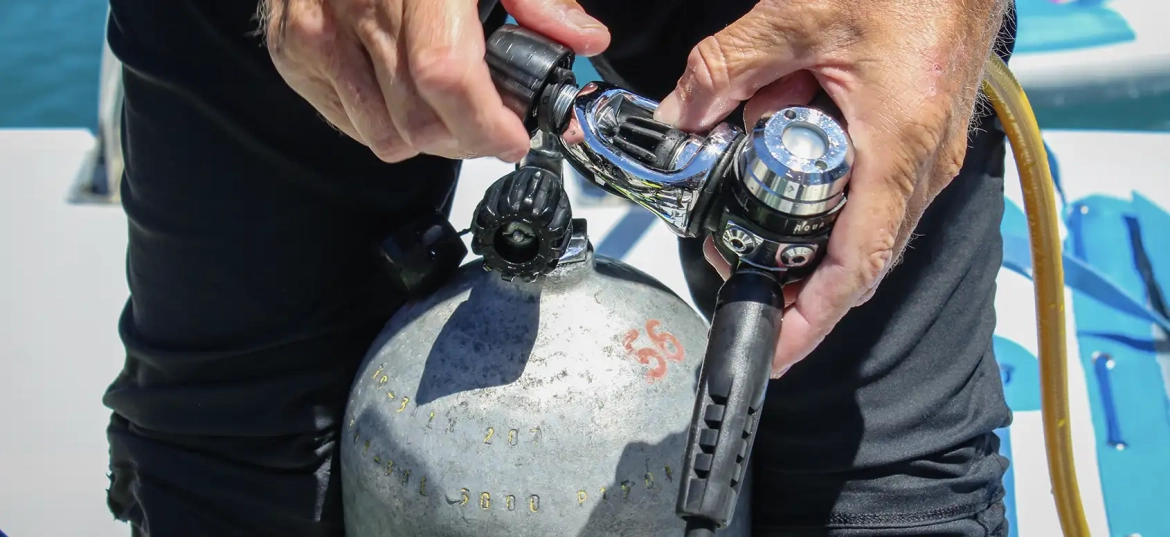
#8 Arrive at your destination and enjoy your adventure!
When you arrive, check-in at your diving resort and meet with your dive operator to finalize the details. Confirm your dive gear and attend briefings on safety and dive plans. Once you tick that off your list, get ready to dive into Costa Rican waters and enjoy the experience!
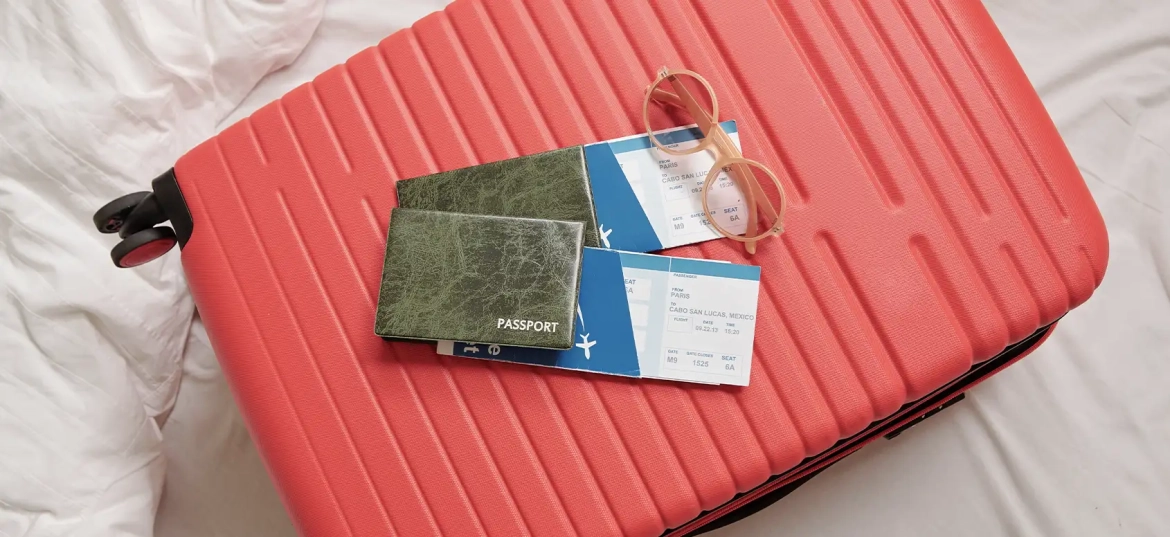
Book Your Diving Trip Easily with Bill Beard’s Costa Rica!
Booking a scuba diving trip in Costa Rica is an adventure filled with amazing marine life and stunning underwater landscapes. At Bill Beard’s Costa Rica, we’re ready to make this trip a reality while providing all the information you need and guiding you through the booking process. Contact our team at Bill Beard’s Costa Rica now to book your tour. Begin your underwater exploration!
Stay connected:
- Direct: 954-453-5044
- Fax: 321-400-1404
- Toll-free: 877-853-0538
- Local number (Costa Rica): 2479-7089 (Available from 9-5 PM)
- Office hours: 8-6 CST M-F & Sat 9-5 CST
- Email: agent@billbeardcostarica.com
FAQs
How much does it cost to go diving in Costa Rica?
Diving costs in Costa Rica can vary depending on the location, operator, and included amenities. Single dives usually range from $50 to $150, while certification courses range from $300 to $600.At Bill Beard’s Costa Rica, we offer a variety of diving packages for 7-night stays with prices ranging from $1,894 to $3,843 per person, depending on the season and occupancy.
Which side of Costa Rica is best for diving?
The Pacific coast is considered the best for diving. It offers some of the most popular dive sites, such as Cocos Island, Bat Islands, and Catalina Islands, where you can spot large marine species like hammerhead sharks, bull sharks, giant manta rays, and the occasional whale shark.
What is the best season to dive in Costa Rica?
The best season to dive in Costa Rica depends on your experience and desired underwater experience. The rainy season, with afternoon showers and nutrient-rich waters, is ideal for advanced divers seeking pelagic marine life. The dry season is best if you want to experience calmer seas and better visibility.
Do you need to be certified to scuba dive in Costa Rica?
Yes, you need to be certified to scuba dive in Costa Rica with at least the Open Water Diver certification. Keep in mind that you can get certified here because there are many PADI courses available.

